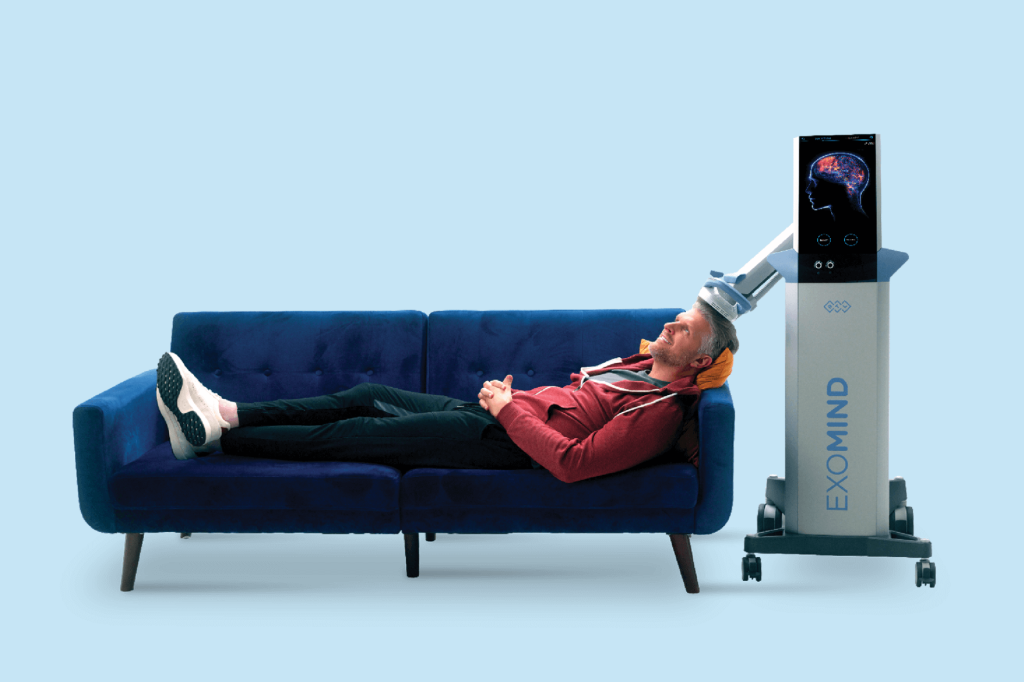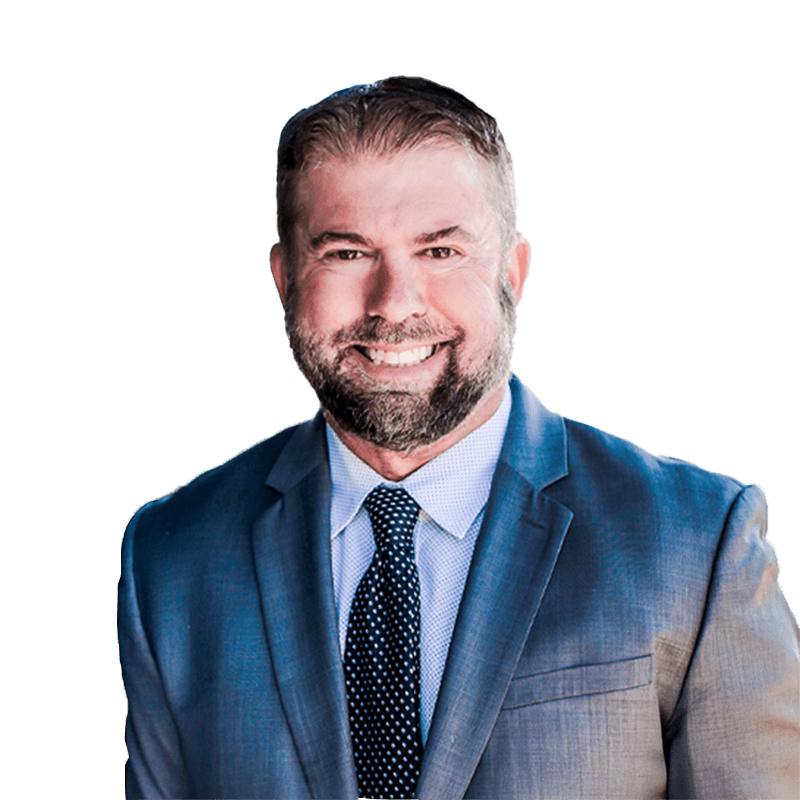
Treating Balance and Coordination Problems with Functional Neurology
Balance and coordination are fundamental aspects of our daily lives, enabling us to move through our environment confidently and participate in the activities and routines we enjoy. But sometimes an injury or other condition can cause loss of balance, making equilibrium and coordination a challenge.
Why Do I Feel Off-Balance But Not Dizzy?
Loss of balance without dizziness can be an ongoing symptom when you’re recovering from a stroke or suffering from some other chronic condition that reduces blood flow to the brain. A concussion or other trauma to the inner ear can also cause difficulty maintaining equilibrium. Even aging can cause a gradual deterioration of balance and coordination. Fortunately, functional neurology offers a proven and personalized approach to address problems related to balance and coordination. Today, we’re exploring the diagnostic tools and treatment options that can provide a solution for those grappling with these issues.
Understanding Functional Neurology
Functional neurology is a specialized branch that delves into the complexities of the central nervous system and its impact on various bodily functions. Unlike traditional approaches that often focus on localized symptoms, functional neurology seeks to identify specific areas of the brain in need of treatment, to address the root cause of the disorder rather than just the symptoms. Our team at Neurohealth Services aims to optimize neural function through targeted interventions that promote neuroplasticity—the brain’s ability to reorganize and adapt.
The Role of the Central Nervous System
The central nervous system plays a pivotal role in orchestrating movements, maintaining balance, and ensuring coordination. Disruptions in this intricate system can result in vertigo, dizziness, and unsteady gait. Functional neurology identifies the root cause of these problems, considering factors such as sensory input, motor output, and the integration of information within the brain.
Advanced Technology for Diagnostics and Treatment
Neurohealth Services takes advantage of the latest diagnostic tools and technology for the treatment of balance and coordination issues associated with vestibular disorders and other neurological conditions.
Somatosensory Evoked Potential (SSEP)
SSEP is a form of electro-stimulation therapy that can be used to find and assess injuries to the brain and nervous system. This device sends a gentle signal to the brain. Our skilled caregivers at Neurohealth Services use this device to track and measure the responses, allowing us to pinpoint areas in need of treatment.
Vestibular Therapy
Vestibular disorders can cause balance and coordination issues since the vestibular (inner ear) and visual systems are intimately connected. Treatment strategies may involve specific exercises and activities designed to stimulate the affected pathways, as well as sensory integration techniques aimed at improving overall balance and coordination.
GyroStim
The GyroStim is a type of vestibular therapy that allows the patient to perform a variety of exercises and challenges while seated in a multi-axis rotational chair controlled by a computer program. The GyroStim targets the brain’s balance and spatial orientation systems to improve reaction time, balance, hand-eye coordination, and spatial awareness.
Balance and Coordination Therapy
We use specific tracking exercises, gaze stability, and other therapies to improve the eye movements necessary for reading, driving, and sports activity.
Tailored Treatment Plans
Functional neurology employs a detailed and individualized assessment process to pinpoint areas of dysfunction within the nervous system. Our Discovery Day evaluation is a thorough examination of sensory and motor functions, eye movements, and postural control that is used to craft a personalized treatment plan to address the specific needs of each patient.
Functional neurology offers hope for individuals struggling with ongoing balance and coordination issues. By using a holistic, individualized approach, the skilled and caring team at Neurohealth Services can empower patients to reclaim their mobility and get back to cherished activities and daily routines. Schedule your own Discovery Day evaluation and find out how Neurohealth Services can help you. Call (317) 848-6000 for a free 10-minute phone consultation today.
NEAUROHEALTH SERVICES
Get back to feeling like yourself naturally. Natural treatment for neural and chronic pain.
CATEGORIES
Recent Articles
ExoMind™ : A New Era of Brain Health & Recovery
Introducing ExoMind™ at NeuroHealth Services: A New Era of Brain Health & Recovery By Dr. Brad Ralston,…
Understanding the Brain’s Cognitive Landscape: The Areas of the Brain and Their Processes
On the NeuroHealth Blog, we’ve explored a range of the common symptoms we treat at Neurohealth Services,…
How Does Functional Neurology Treat Vestibular Disorders?
Many of the conditions we treat at Neuroheatlh Services involve disorders of the inner ear or the…
Is Neurorehabilitation for you?
NeuroHealth provides neurorehabilitation for all ages, specializing in treatment for vertigo, migraines, post-concussion syndrome, and other neurological disorders. Contact our office today.




